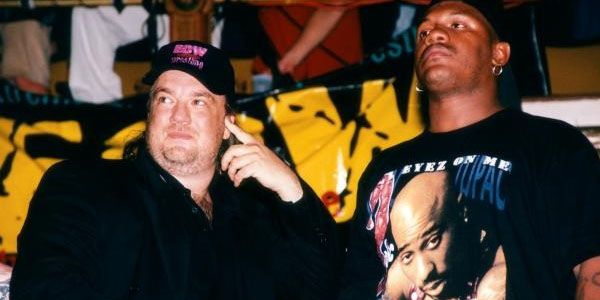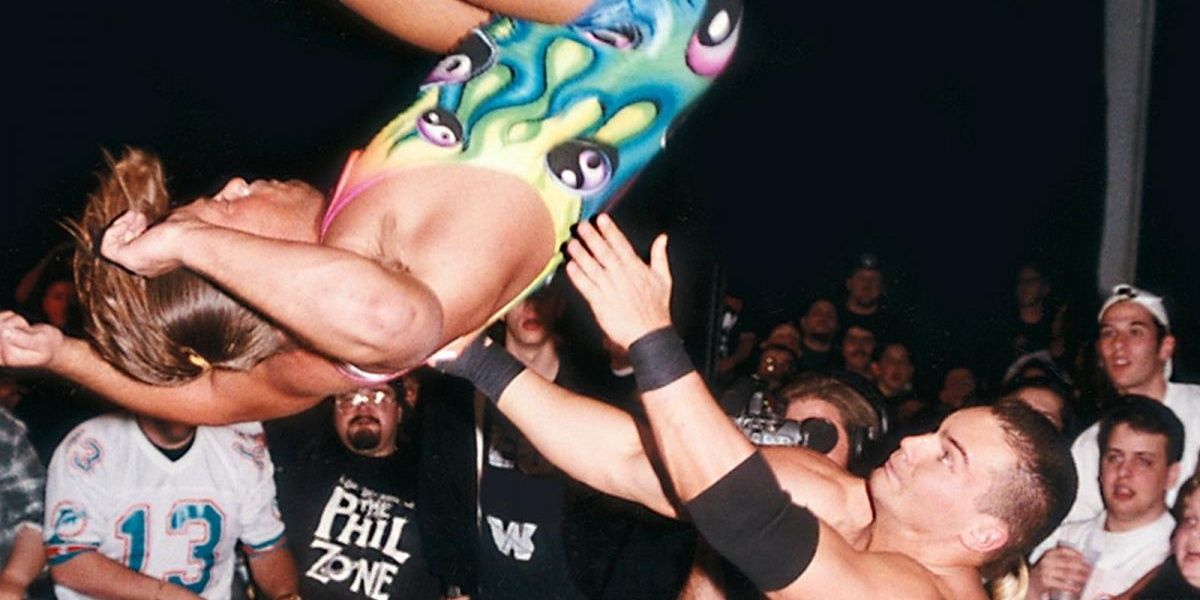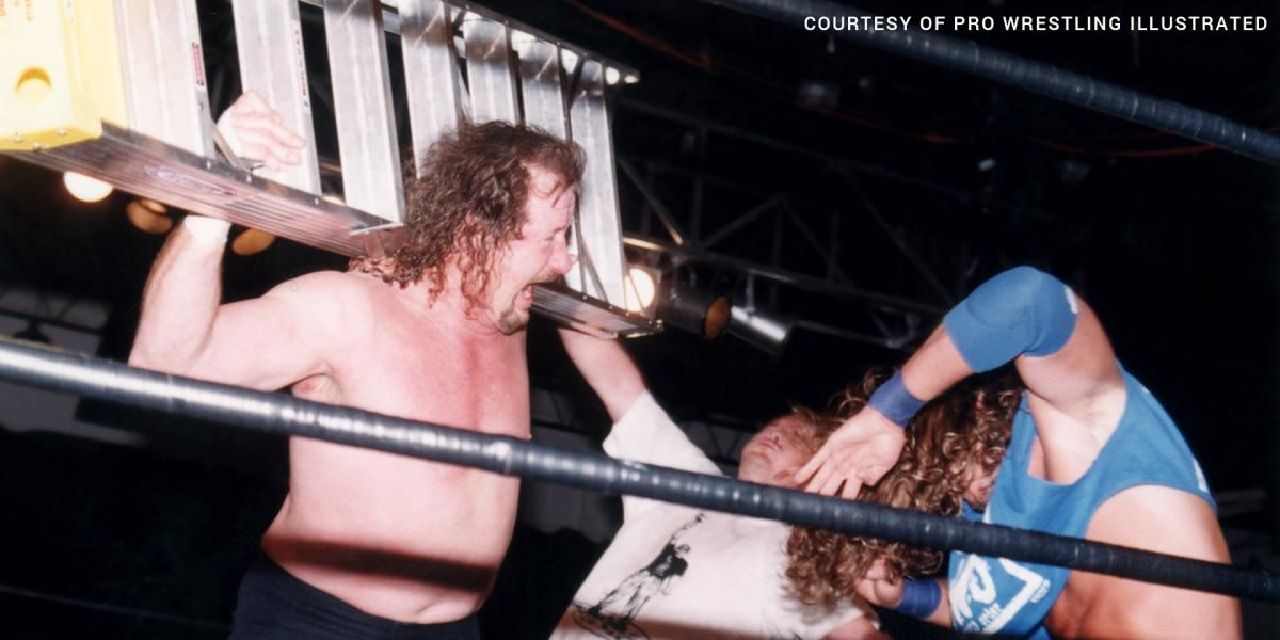While WWE (WWF at the time) and WCW were in the midst of battling it out to decide the number one company in professional wrestling, ECW was quietly becoming one of the most exciting and electrifying promotions in the industry.
Paul Heyman's company was different from the rest, and its mixture of reality-based storytelling, furiously fast-paced wrestling, and just over the top violence saw it build an incredibly loyal fan base, with its popularity seemingly increasing every single week.
Initially called Eastern Championship Wrestling, ECW was renamed Extreme Championship Wrestling in 1994, and after almost three years of superb television, the promotion was ready to run its first-ever PPV, with Barely Legal airing in April 1997. It wasn't all smooth sailing though, and the event was almost canceled.
It went ahead though, and became one of the most important nights in ECW's run, becoming a major success, with both great wrestling and storytelling on show for all to see.
Request TV Almost Canceled The Show After The Mass Transit Incident
Several months before Barely Legal was scheduled, one of the most controversial moments in ECW history occurred as a young wrestler, Mass Transit, lied about his age to get onto an ECW show and was subsequently seriously injured after he asked New Jack to blade him, and the ECW man cut too deep, severing two major arteries in the youngster's head.
What made the situation much worse was the fact the wrestler, whose real name was Erich Kulas, was only 17 years old and had lied to ECW promoter Paul Heyman, pretending he was 21. The incident was a disaster for ECW and caused Request TV to cancel their showing of the Barely Legal PPV after wrestling journalist Wade Keller informed them of the incident.
Fortunately, Heyman was able to convince the company to place the show back on their schedule, albeit with several stipulations, such as no excess blood, an advanced look at the script before the show, and pushing the show's scheduled start time back from 7 pm to 9 pm. ECW followed through with each request, and the show went on to be a huge success for Heyman and co.
The Event Featured Some Great Wrestling Matches
While ECW was known mostly for its extreme violence, the company also showed on more than one occasion their ability to showcase some really great wrestling, and they did just that on the Barely Legal show. Several matches throughout the show featured some incredible in-ring work.
Whether it was the excellent Rob Van Dam vs Lance Storm bout, the wild six-man-tag match between bWO Japan and The Great Sasuke, Gran Hamada and Masato Yakushiji, or even the ECW world television championship match between Shane Douglas and Pitbull #2, the even was filled with a variety of different styles of wrestling, but each managed to satisfy fans.
One of ECW's major calling cards was the variety of different styles they had in their arsenal, and that was on full display during their inaugural PPV.
It Featured The Legendary Taz vs. Sabu Feud
As well as the great wrestling on the show, Barely Legal also featured some superb storytelling as fans were treated to the culmination of one of ECW's most iconic feuds between Taz and Sabu. Having been built for over 18 months, fans were salivating at the thought of these two men finally getting their hands on each other, and the match did not disappoint.
The rivalry was ECW storytelling at its absolute peak, and the in-ring meeting between the two was well worth the wait. It was an incredible wrestling match, that not only left fans satisfied, but also laid the foundations for future meetings between the two.
Terry Funk Performed Double Duty To Win The ECW Title
Despite being 53 years old at the time, Terry Funk performed double duty at Barely Legal and wrestled two matches on his way to winning the ECW World Heavyweight Championship.
Funk rolled back the years and had an entertaining three-way dance against The Sandman and Stevie Richards, emerging victorious before he went on to beat Raven in the main event of the show, with a little help from Tommy Dreamer, to capture the gold for the first time since the promotion was renamed Extreme Championship Wrestling.
The show was superb from start to finish and really demonstrated to the world that ECW was an exciting alternative to the big two promotions dominating the industry at the time.

-1.jpg)


